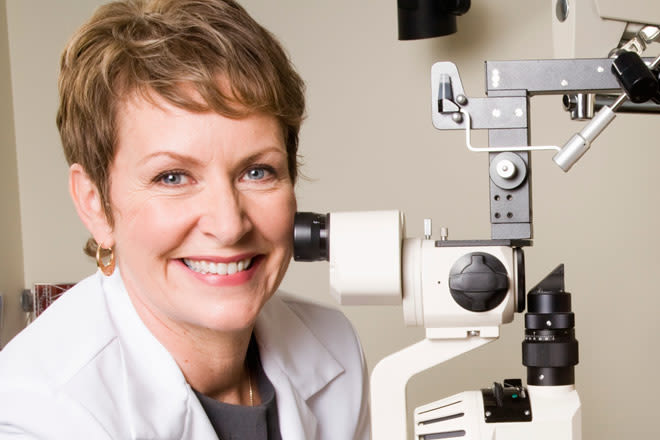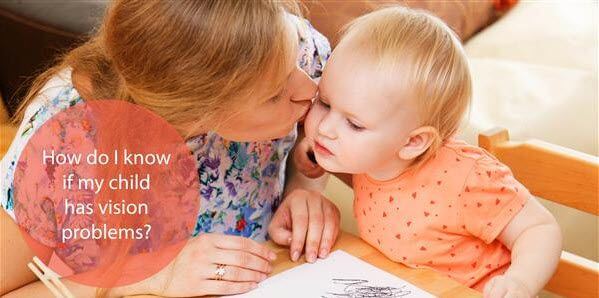The Ultimate Guide To Conjunctivitis
Table of ContentsThe Only Guide to Emergency Eye ProblemsAdult Strabismus for Beginners5 Easy Facts About Adult & Paediatric Eye Surgery ExplainedThe 2-Minute Rule for Adult Cataract
Eye doctors are clinical physicians who specialize in the medical diagnosis and also treatment of eye and vision problems. These 3 types of eye care specialists have instead similar-sounding names as well as overlapping work descriptions.They can not give eye tests, write prescriptions, or diagnose or treat eye issues. can examine your eyes, examination your vision, recommend glasses or get in touches with, and diagnose and deal with many eye disorders as well as conditions. They are not clinical physicians or specialists but can suggest particular eye-related medications (https://drcarolinecatt9261.wixsite.com/drcrlinecatt). Offer eye exams, vision testing, and prescriptions for glasses or get in touch with lenses.

Ophthalmologists identify and also treat injuries, infections, conditions, and also problems of the eye. Treatments can include drug taken by mouth (by mouth) or topically (in the eye), surgical procedure, cryotherapy (freeze treatment), and also radiation treatment (chemical treatment). Eye doctors attend clinical institution then get a number of years of specialty training in the medical and medical treatment of the eye.
Our Eye Checks PDFs
As they are the only medical professionals who can deal with all eye problems, eye doctors see a wide range of eye problems, consisting of: How commonly should you have an eye examination? What are signs and symptoms that indicate you may have an eye trouble that needs to be checked by an optometrist? The American Academy of Ophthalmology advises: As youngsters's eyes are expanding and transforming swiftly, they must receive a vision screening.
Adults that have healthy eyes and outstanding vision need to have 4 comprehensive eye examinations: one in their 20s, 2 in their 30s, and also one at age 40. These examinations may permit the eye doctor to capture an eye condition or vision adjustments beforehand. By the time you notice signs, you might currently have some vision loss (AMBLYOPIA).

Individuals who are at a higher danger of eye condition may need to get an eye exam a lot more usually. After age 65, your eyes should be checked every one to 2 years.
Your sight depends on seeing the right eye medical professional at the ideal time. When it's time to "obtain your eyes examined," make certain you are seeing the right eye treatment specialist for your demands.
The Best Strategy To Use For Emergency Eye Problems

is a clinical or osteopathic doctor who specializes in eye as well as vision care. Ophthalmologists differ from optometrists as well as opticians in their levels of training and also in what they can identify and treat (https://www.theverge.com/users/drcrlinecatt). As a medical doctor who has completed college as well as a minimum of 8 years of added clinical training, an ophthalmologist is licensed to practice medication and surgery.
Numerous eye doctors are also associated with clinical research on the reasons as well as cures for eye conditions and vision problems. SUBSPECIALISTS: EXTRA EXPERTISE AS WELL AS TRAINING FOR SPECIFIC EYE requires While ophthalmologists are educated to look after all eye troubles as well as problems, some Eye M.D.s focus on a certain area of medical or medical eye care.
He or she normally completes one or 2 years of additional, a lot more extensive training called a fellowship in among the major subspecialty locations such as glaucoma, retina, cornea, pediatric medicines, neurology and cosmetic surgery, as well as others. This added training as More Help well as knowledge prepares an ophthalmologist take treatment of even more facility or specific conditions in specific areas of the eye or in particular groups of people.
An eye doctor is not a medical doctor. An optometrist obtains a medical professional of optometry (OD) degree after completing 4 years of optometry college, come before by three years or more years of college. They are accredited to exercise optometry, which largely entails executing eye examinations as well as vision tests, prescribing and also giving rehabilitative lenses, finding particular eye problems, as well as recommending medicines for sure eye illness.
The Buzz on Eye Checks
They use prescriptions supplied by eye doctors or optometrists, however do not examine vision or write prescriptions for aesthetic modification. Opticians are not allowed to diagnose or treat eye illness. Most of us rely on our vision in even more manner ins which we may realize. Without healthy and balanced vision, our ability to function, play, drive or perhaps recognize a face can be substantially affected.
Having a family participant with eye illness can make you a lot more vulnerable to having that problem. Sight-stealing eye disease can appear any time. Very often they are undetectable in the beginning and are hard to find. That's why it is so important to see an eye doctor for a complete medical eye exam by age 40, and after that as often as prescribed by your Eye M.D.
If you have any of these, make sure to visit an ophthalmologist. A complete, medical eye test by an Eye M.D. could be the initial step toward conserving your sight. Bulging of one or both eyes; Dark drape or shroud that blocks your vision; Lowered vision, even if momentary; Diabetes mellitus; Distorted vision; Dual vision; Excess tearing; Eyelid problems; Household background of eye disease; Halos (tinted circle lights); Hypertension; HIV or AIDS; Injury to the eye; Loss of peripheral (side) vision; Misaligned eyes; New drifters (black "strings" or flecks in the vision) and/or flashes of light; Discomfort in the eye; Thyroid disease-related eye problems (Graves' illness); Uncommon red eye.